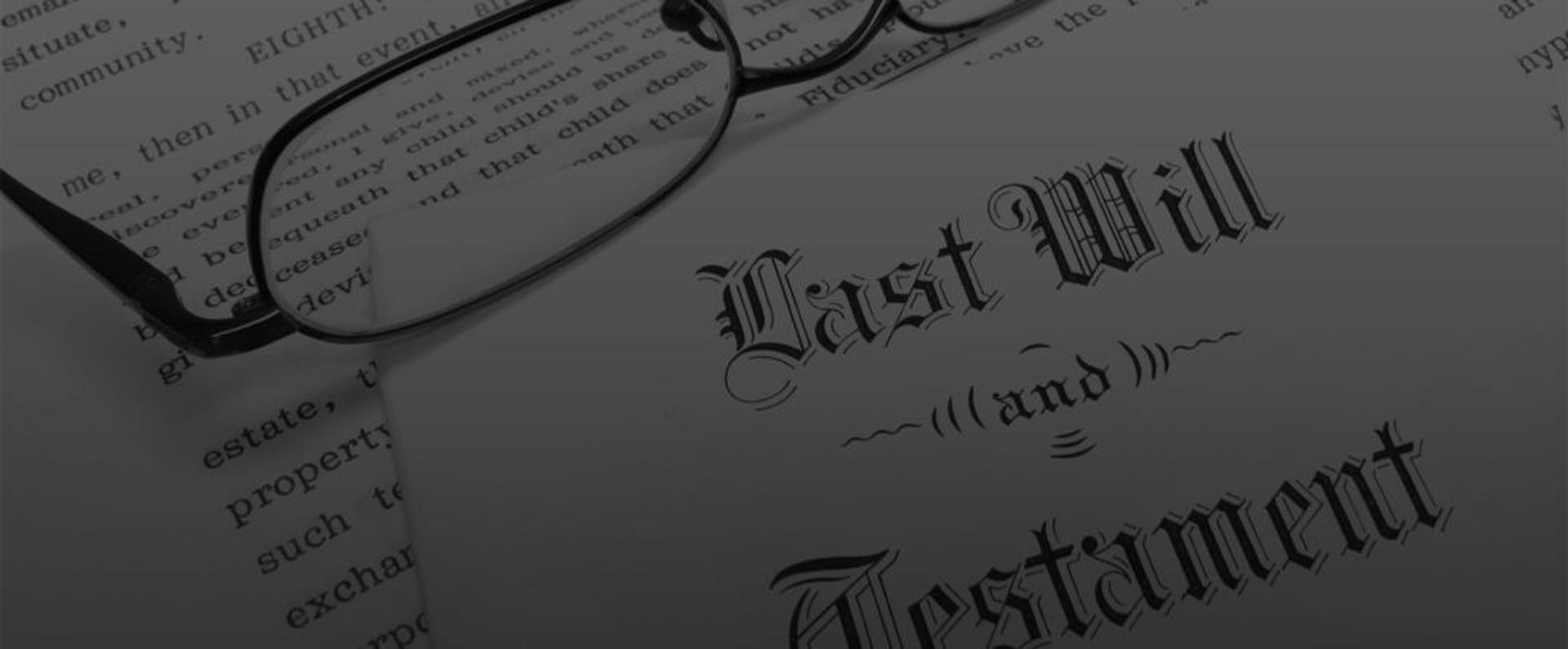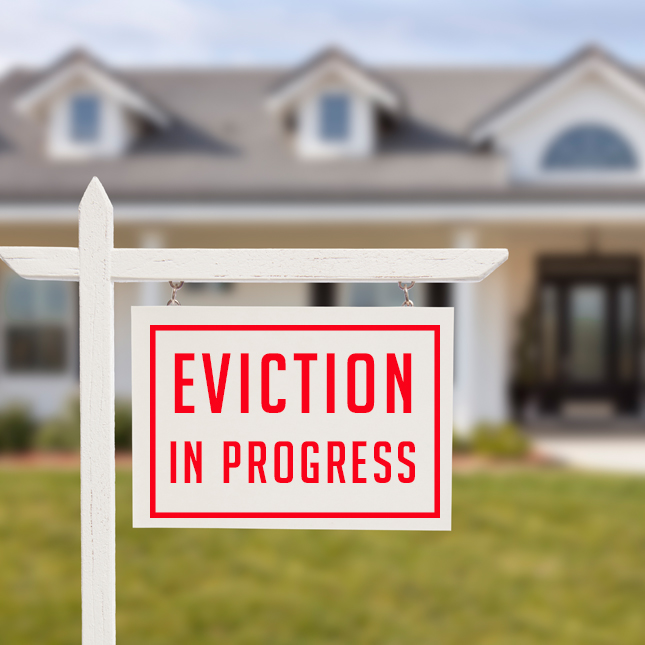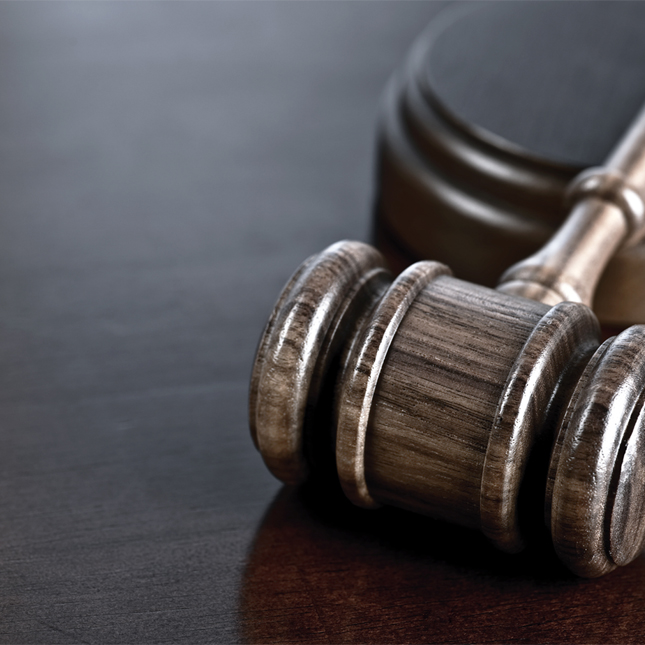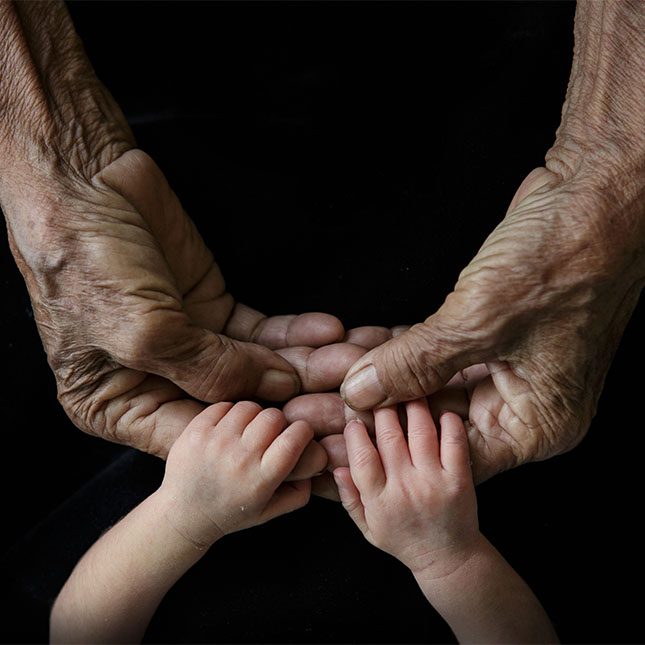What is a Guardianship and When is one needed?
The most vulnerable members of our society sometimes need extra legal protection to shield them from opportunistic predators or from being manipulated into making irresponsible or even dangerous decisions. For example, a person who is impaired due to mental illness, disability, old age, serious injury, chronic drug abuse, etc., may lack “sufficient understanding or capacity to make or communicate responsible decisions”. (See Utah Probate Code, section 75-1-202 (22)).
Even after an individual has reached adulthood, if that individual lacks sufficient mental capacity to make sound and safe decisions about his or her property, a Utah court may appoint that individual a “guardian” in a legal arrangement known as a “guardianship”.
A guardian has the legal authority to make important life decisions for an incapacitated person (known as a “ward”) who cannot make his or her own legally competent choices. Guardians are often a family member or trusted friend of the incapacitated individual.
Utah Guardian Responsibilities:
- Determining and maintaining residence
- Providing informed consent to and supervising medial treatment
- Consenting to and supervising non-medical services such as education, psychiatric or behavioral counseling
- Making end-of-life decisions if the protected person does not have an advance directive
- Paying debts and other expenses
- Maintaining the protected person’s autonomy as much as possible
How Does the Guardianship Process Work
If you have a loved one for whom you believe a guardianship is necessary, the attorneys at Utah.law, P.C. will listen to your concerns and advise you on whether you should file a Utah Guardianship petition.
–
If you do file a petition, a Utah court will then set a hearing date and will appoint an attorney for the person you allege is incapacitated. The court may also appoint a physician to examine the allegedly incapacitated person and that physician may then file a written report with the court.
–
Courts are very careful before appointing a guardian because that guardian will assume responsibility for the incapacitated person’s major life decisions. Courts do not want to take away a person’s ability to make his or her own life decisions without clear and convincing evidence that the person is in fact incompetent. Additionally, our Constitution requires the court to provide an opportunity for the alleged incapacitated person to challenge the guardianship. At the guardianship hearing, the court will listen to the evidence and then decide whether to appoint a guardian.
–
If you have a loved one for whom you believe a guardian should be appointed, let the experienced attorneys at Utah.law, P.C. guide you through the process! We understand how important it is to you for your loved ones to be protected!













